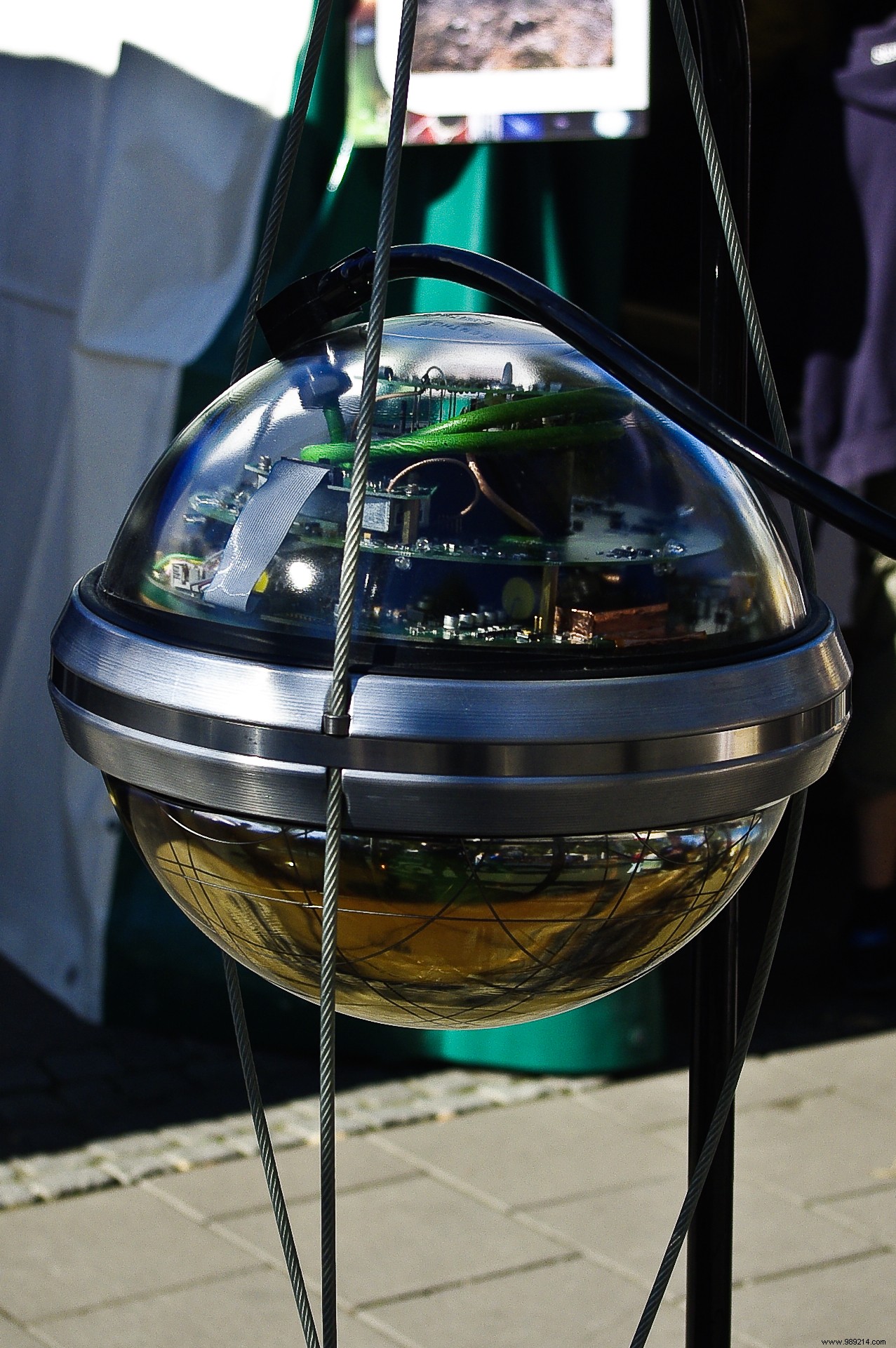Russian researchers have installed one of the world's largest underwater telescopes in Lake Baikal, aimed at detecting neutrinos—mysterious particles that hold keys to unraveling cosmic mysteries.
Neutrinos are subatomic particles about 100,000 times smaller than electrons, born from nuclear reactions across the universe, such as those in supernovae. Traveling near the speed of light with virtually no mass, they rarely interact with other matter, making them incredibly hard to detect despite their abundance—trillions pass through your body every second.
Yet, studying neutrinos is crucial for tackling fundamental physics puzzles, like the matter-antimatter asymmetry that shapes our universe.
Their elusiveness poses challenges, but detection is possible with advanced technology.
Occasionally, a neutrino collides with an atomic nucleus, producing a muon. This charged particle follows the neutrino's path, creating a distinctive cone of blue Cherenkov light.
Arrays of spherical optical sensors detect these faint flashes in water, allowing scientists to reconstruct the muon's—and thus the neutrino's—trajectory.
The world's largest such detector, IceCube, is embedded in Antarctic ice near the South Pole. Japan’s Super-Kamiokande is another key player, with plans for an even larger successor.

Since 2015, an international team of German, Czech, Polish, Russian, and Slovak scientists has been building Baikal-GVD in Lake Baikal, at a depth of nearly 1,300 meters—about four kilometers from shore.
Currently spanning half a cubic kilometer, the telescope will expand to one cubic kilometer in the coming years, according to Dmitry Naumov of the Joint Institute for Nuclear Research.